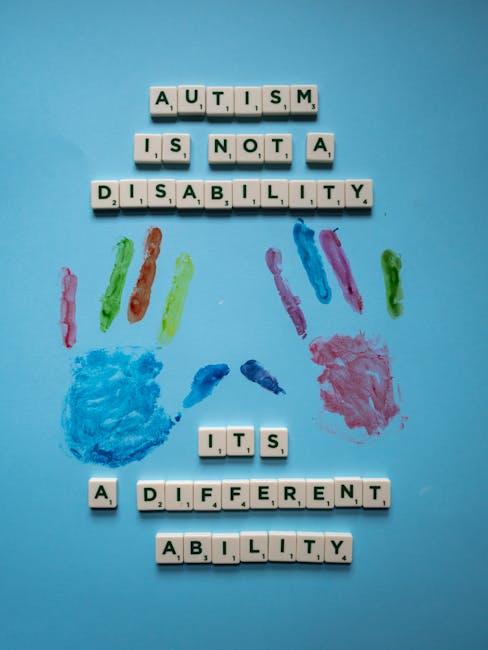Why No One Talks About Anymore
 Are you seeking effective therapy for a loved one with autism in Elberta, AL? Applied Behavior Analysis (ABA) therapy may be the solution you’re looking for. ABA therapy is a proven method for helping individuals with autism improve their social, communication, and behavioral skills. In this article, we will explore the benefits of ABA therapy in Elberta, AL, and how it can make a positive impact on the lives of those with autism.
Are you seeking effective therapy for a loved one with autism in Elberta, AL? Applied Behavior Analysis (ABA) therapy may be the solution you’re looking for. ABA therapy is a proven method for helping individuals with autism improve their social, communication, and behavioral skills. In this article, we will explore the benefits of ABA therapy in Elberta, AL, and how it can make a positive impact on the lives of those with autism.
Understanding ABA Therapy
ABA therapy is a structured, evidence-based treatment approach that focuses on modifying behaviors by applying interventions that are based on the principles of learning theory. The goal of ABA therapy is to increase desirable behaviors and decrease undesirable behaviors through positive reinforcement and other strategies. ABA therapy can be tailored to meet the individual needs of each person with autism, making it a highly personalized and effective treatment option.
The Benefits of ABA Therapy
ABA Therapy
1. Improved Social Skills
One of the key benefits of ABA therapy is its ability to help individuals with autism develop and improve their social skills. Through targeted interventions and training, individuals can learn how to communicate effectively, interact with others, and engage in social activities. ABA therapy can help individuals with autism build the necessary skills to form meaningful relationships and connect with others in their community.
2. Enhanced Communication Skills
Communication can be a significant challenge for individuals with autism, but ABA therapy can help improve their communication skills through structured interventions and practices. By using techniques such as visual aids, social stories, and role-playing, individuals can learn how to express their thoughts, feelings, and needs more effectively. ABA therapy can also help individuals with autism improve their understanding of verbal and nonverbal communication cues, leading to enhanced communication abilities.
3. Reduced Challenging Behaviors
Individuals with autism may exhibit challenging behaviors such as aggression, self-injury, or repetitive behaviors. ABA therapy can help identify the root causes of these behaviors and develop targeted interventions to decrease them. By using positive reinforcement strategies and teaching alternative behaviors, ABA therapy can help individuals with autism manage and reduce challenging behaviors, leading to a higher quality of life for both the individual and their caregivers.
4. Increased Independence
ABA therapy focuses on teaching individuals with autism essential life skills that can help them become more independent and self-sufficient. By breaking down complex tasks into smaller, manageable steps and providing consistent reinforcement, individuals can learn how to perform daily activities such as dressing, grooming, and cooking. ABA therapy can empower individuals with autism to take on more responsibilities and make decisions on their own, leading to greater independence and self-confidence.
Choosing the Right ABA Therapy Provider in Elberta, AL
When seeking ABA therapy for a loved one with autism in Elberta, AL, it’s essential to choose a reputable and experienced provider. Look for providers who have certified behavior analysts on staff, as well as a track record of success in working with individuals with autism. Additionally, consider the location, schedule, and services offered by the provider to ensure it aligns with your loved one’s needs and preferences.
In conclusion, ABA therapy can be a transformative and effective treatment option for individuals with autism in Elberta, AL. By focusing on improving social, communication, and behavioral skills, ABA therapy can help individuals with autism lead more fulfilling and independent lives. If you’re considering ABA therapy for a loved one with autism, reach out to a qualified provider in Elberta, AL to learn more about how ABA therapy can benefit your loved one.
How to Achieve Maximum Success with
6 Facts About Everyone Thinks Are True
This post topic: Technology